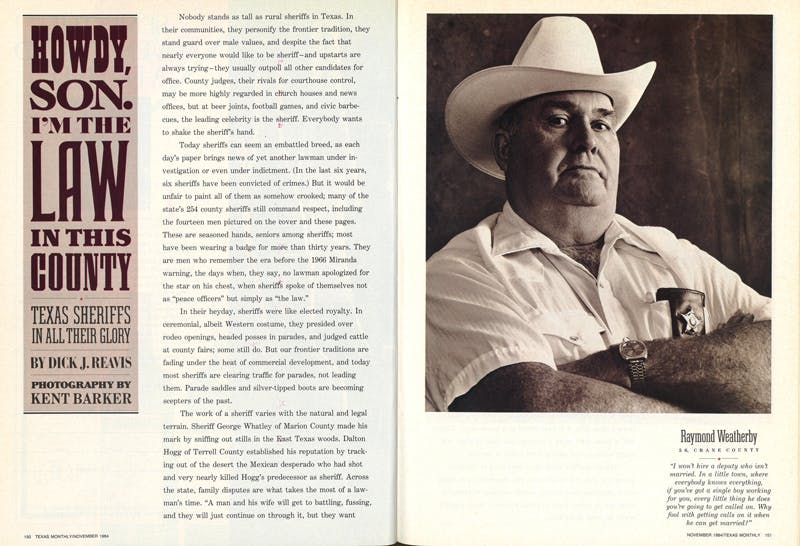
Nobody stands as tall as rural sheriffs in Texas. In their communities, they personify the frontier tradition, they stand guard over male values, and despite the fact that nearly everyone would like to be sheriff—and upstarts are always trying—they usually outpoll all other candidates for office. County judges, their rivals for courthouse control, may be more highly regarded in church houses and news offices, but at beer joints, football games, and civic barbecues, the leading celebrity is the sheriff. Everybody wants to shake the sheriff’s hand.
Today sheriffs can seem an embattled breed, as each day’s paper brings news of yet another lawman under investigation or even under indictment. (In the last six years, six sheriffs have been convicted of crimes.) But it would be unfair to paint all of them as somehow crooked; many of the state’s 254 county sheriffs still command respect, including the fourteen men pictured on the cover and these pages. These are seasoned hands, seniors among sheriffs; most have been wearing a badge for more than thirty years. They are men who remember the era before the 1966 Miranda warning, the days when, they say, no lawman apologized for the star on his chest, when sheriffs spoke of themselves not as “peace officers” but simply as “the law.”
In their heyday, sheriffs were like elected royalty. In ceremonial, albeit Western costume, they presided over rodeo openings, headed posses in parades, and judged cattle at county fairs; some still do. But our frontier traditions are fading under the heat of commercial development, and today most sheriffs are clearing traffic for parades, not leading them. Parade saddles and silver-tipped boots are becoming scepters of the past.
The work of a sheriff varies with the natural and legal terrain. Sheriff George Whatley of Marion County made his mark by sniffing out stills in the East Texas woods. Dalton Hogg of Terrell County established his reputation by tracking out of the desert the Mexican desperado who had shot and very nearly killed Hogg’s predecessor as sheriff. Across the state, family disputes are what takes the most of a lawman’s time. “A man and his wife will get to battling, fussing, and they will just continue on through it, but they want somebody to come out and listen,” says Sheriff Stuart Huffman of Cleburne. “When it’s all said and done, they’ll patch it up and live together another day or two.”
The sheriffs on these pages are as alike as heads of grain. They were farm boys, mainly, and veterans of World War II, a couple of them heroes of the Army’s 36th Division. All but two of them have dragged a cotton sack through Indian summer fields. They are all Anglo and Protestant in an age when Texas has a dozen Hispanic sheriffs. Several will retire at the end of this year, and when they do, their successors will be younger men raised with a new and more hesitant approach to law enforcement.
These men made themselves fathers to young men on the road to trouble, and nothing pleases them more than seeing a few youngsters heed their advice. “I always felt that if you help a kid, then you’ve done a lot more than if you help an old thing fifty or sixty years old,” says H. F. Fenton, 62, of Coleman County. If they had to sum up their work in one phrase, it would be “to help people.” In their optimistic moods, they are indistinguishable from scoutmasters.
Their philosophies are strikingly similar. Each says the same sorts of things about life and work. Always remember, they say, that every man is a human being, regardless of his crime. Always look a man in the eye. Don’t be afraid to use your fists or even your firearms. Don’t make any threats that you won’t carry out. In other words, be sure you’re right, then go ahead.
To a man, these sheriffs are advocates of capital punishment and long prison terms. They oppose handgun control because they believe what the bumper stickers say: if guns are outlawed, only outlaws will have guns. Yet if there is any difference in the attitudes these men have toward their jobs, it is best shown in a pistol count. Almost half of them don’t carry a weapon, and most of them will retire without ever having fired a shot at anyone.
There’s another thing these men have in common, something that you should note and remember, something more important than pistols, parade saddles, or even the statistics on crime. Look at these pictures—these sheriffs really do wear white hats.
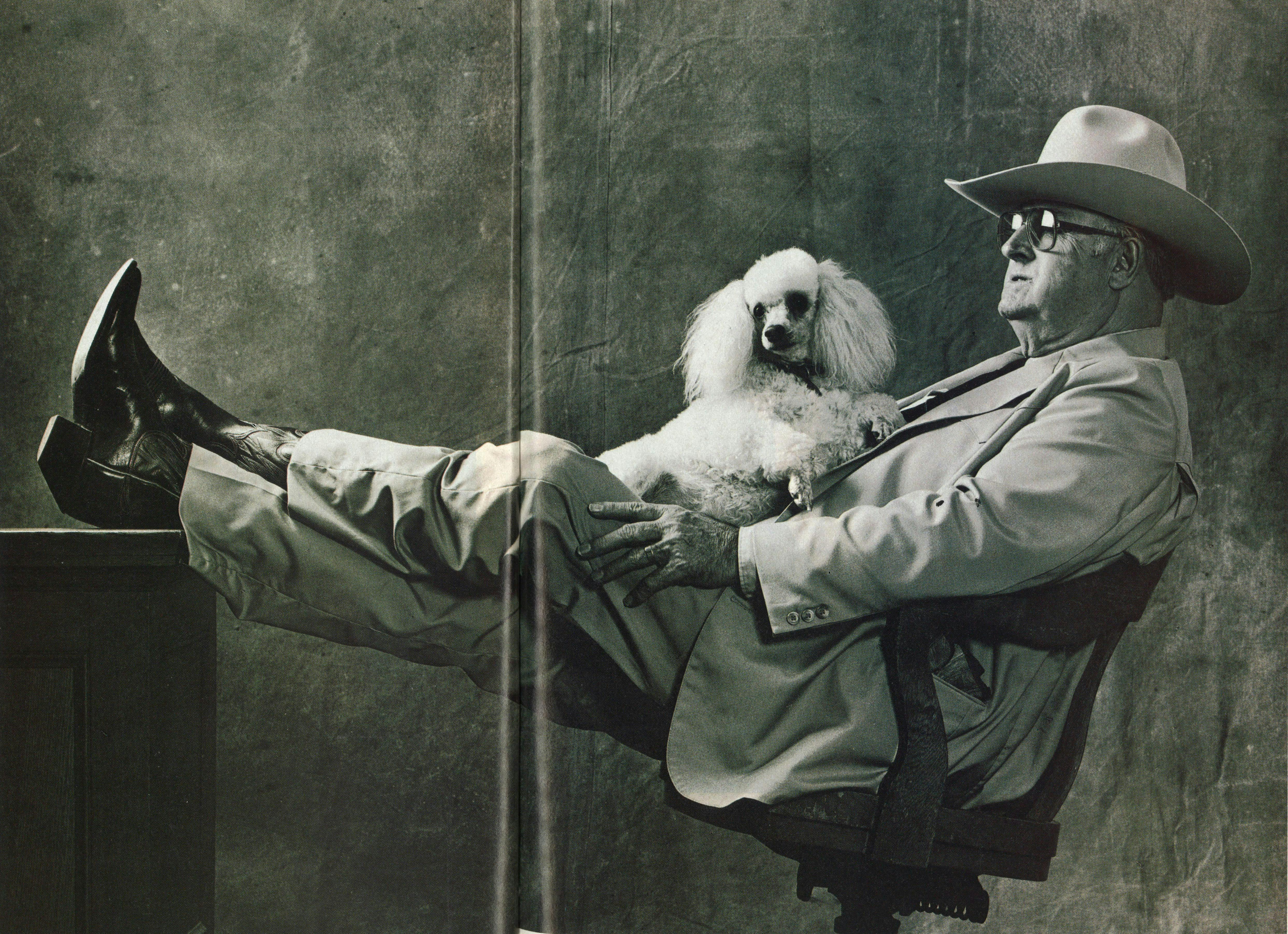 Rufe Jordan
Rufe Jordan
72, GRAY COUNTY
“I don’t suspect that I’ve fired a pistol in ten or twelve years, not even just in practice sessions.”
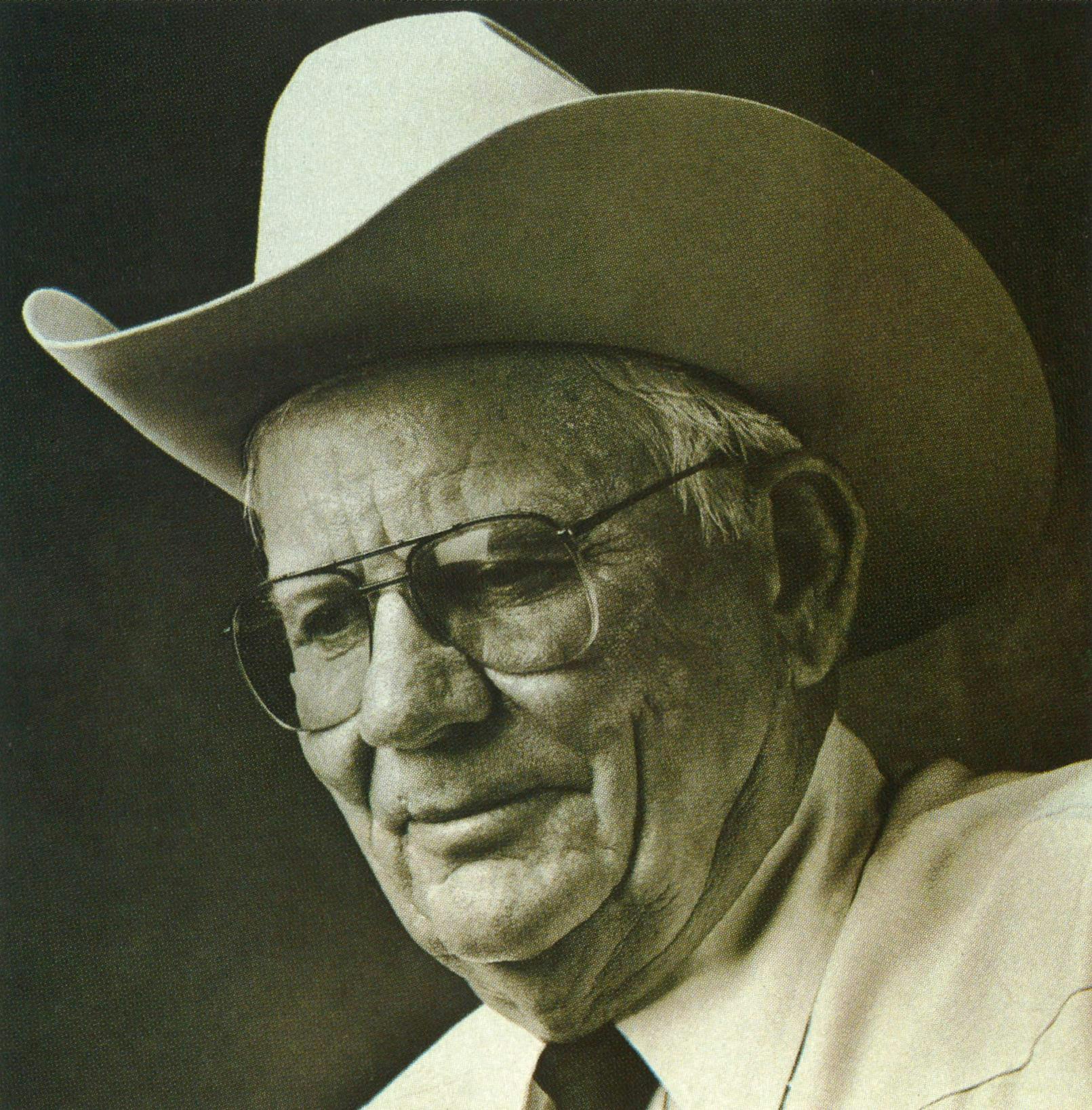 H.E Fenton
H.E Fenton
62, COLEMAN COUNTY
“If [a suspect] walks up here and calls you a son of a bitch and you haul off and hit him in the mouth, then he’ll file on you for his civil rights, then sue you in federal court. Back when law was law, well, you could knock his damn head off, go put him in jail, and file on him for calling you a son of a bitch. But I still don’t let none of them call me a son of a bitch. I’ll knock their damn heads off and let them go get a lawyer, that’s what I’ll do.”
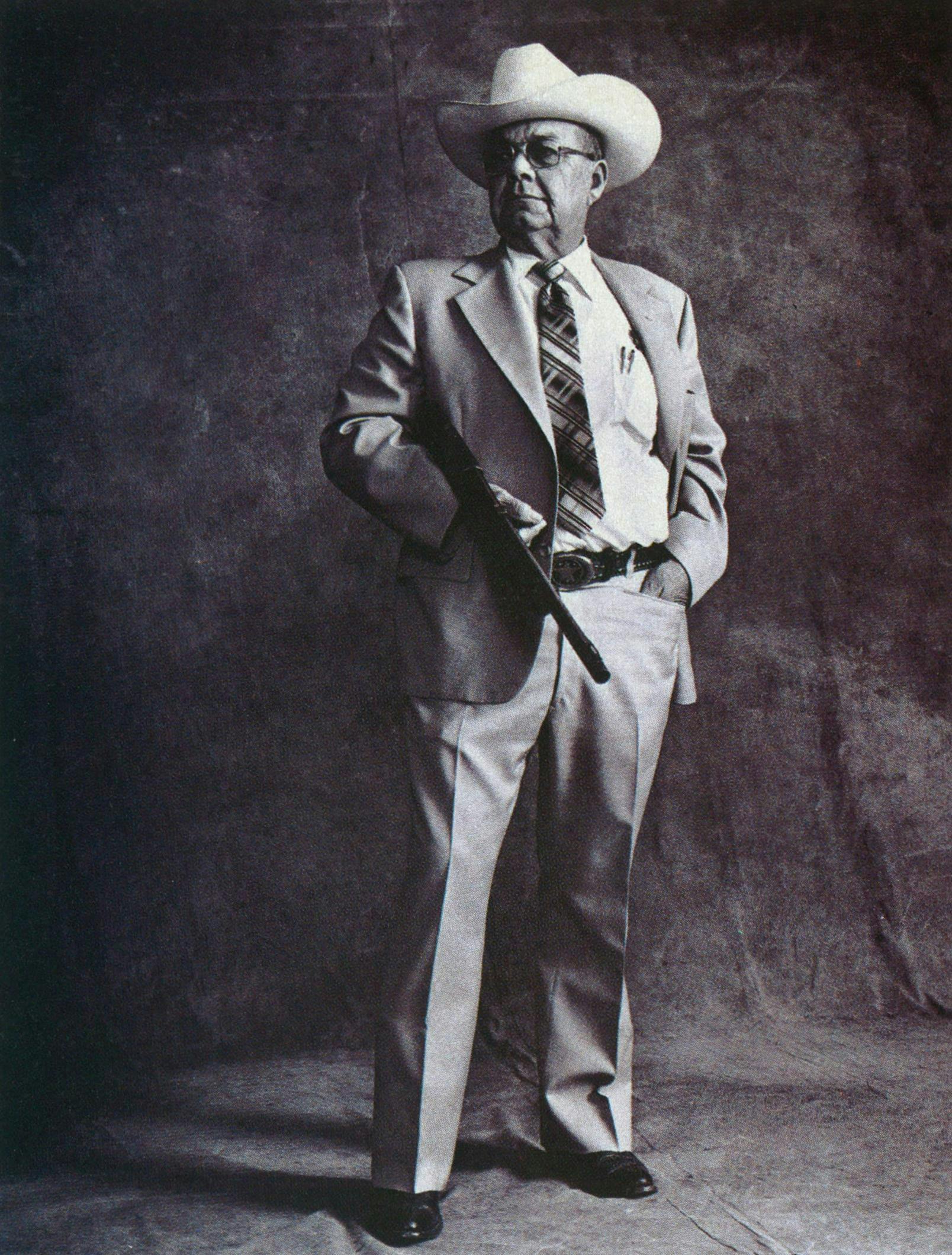 Wayne Hitt
Wayne Hitt
62, SAN PATRICIO COUNTY
“I can look a man in the eyes, and sometimes his eyes will tell me things his mouth won’t tell me. I’m no psychoanalyst or anything, but I’m a pretty good judge of people. ”
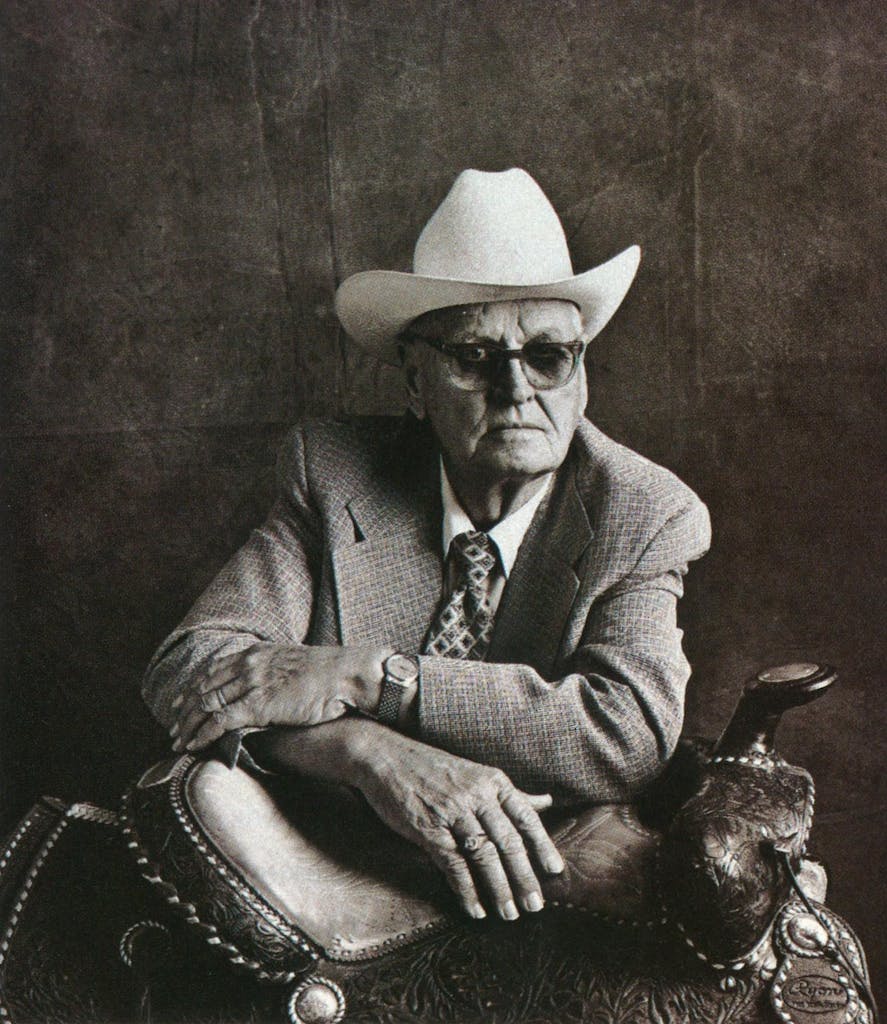 Lester Gunn
Lester Gunn
74, BELL COUNTY
“I get threats, I’d say, once or twice a month. I’ve had them call me and tell me they’re going to kill me. I say, ‘Well, why don’t you come face to face with me? I’d be glad to meet you. I’ll get up tonight and come meet you, if you want me to. ’ But they generally hang up, you know. ”
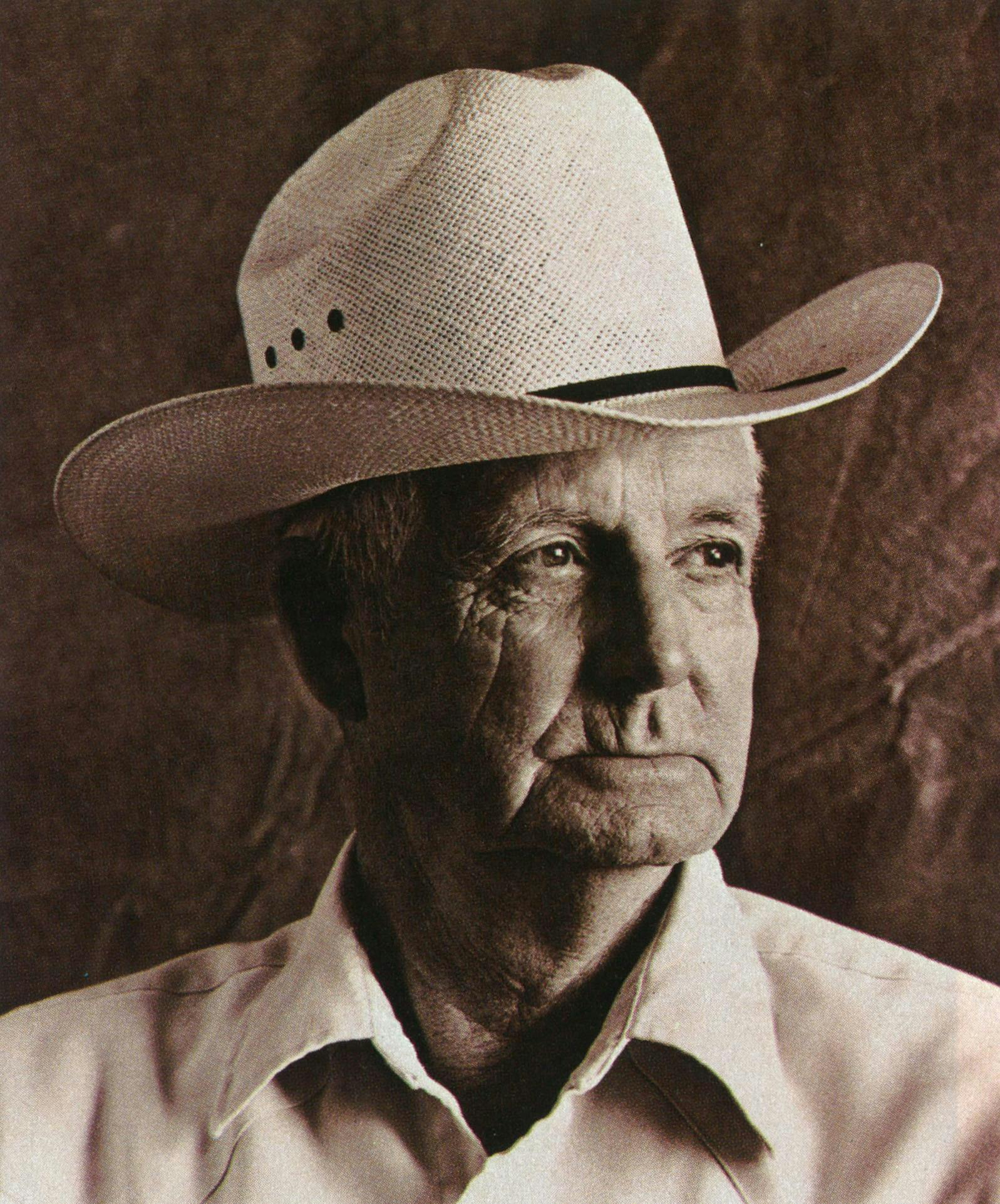 Brantley Barker
Brantley Barker
67, SAN SABA COUNTY
“What makes me feel so good is to go to a family fuss, and they was ready to separate and divide up all the furniture, and I talk to them awhile. They’d go back together, and then I get a letter from them telling me how they appreciated me sitting there talking to them that night. ”
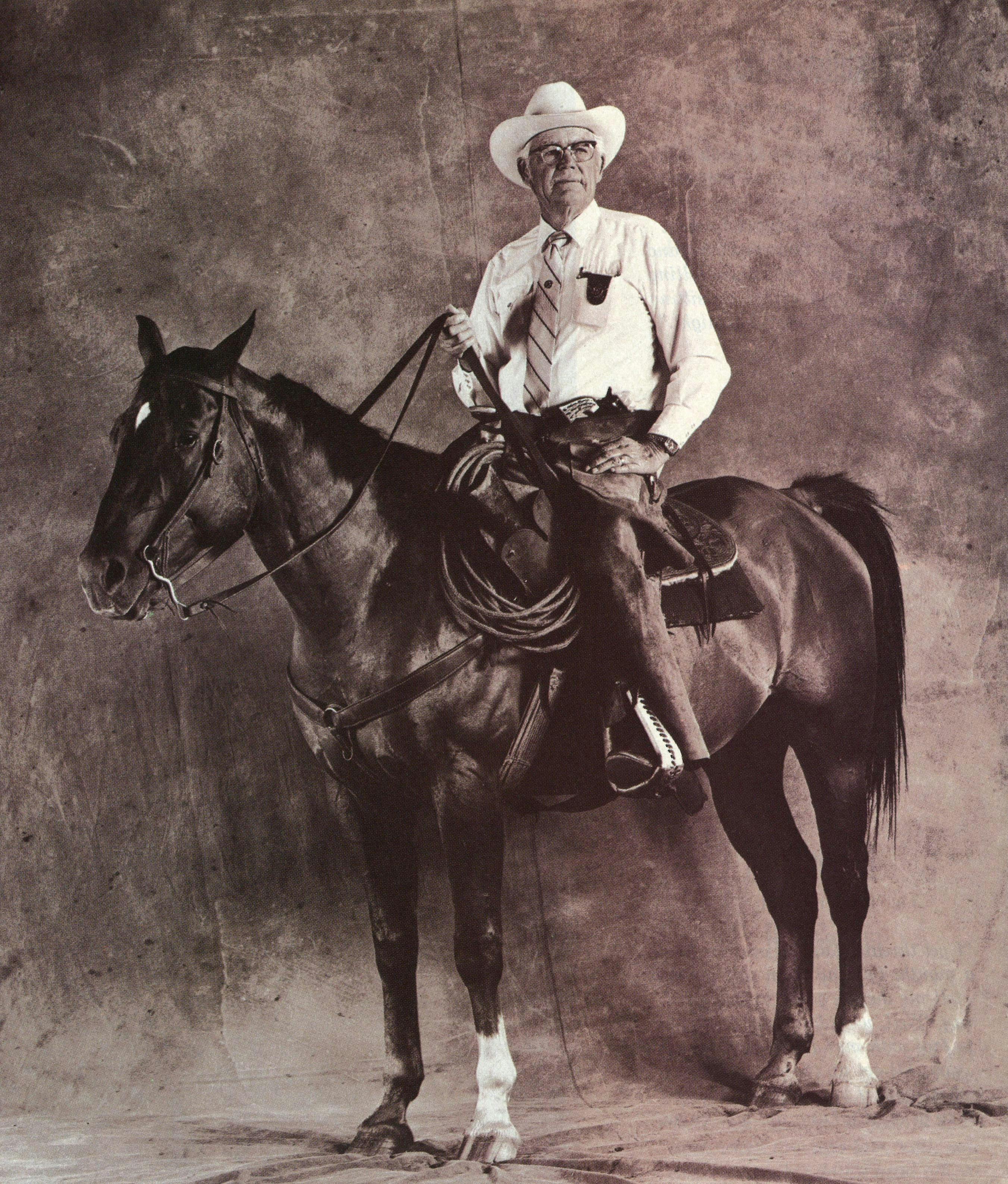 Truman Maddox
Truman Maddox
67, AUSTIN COUNTY
“You have a twofold purpose: you want to enforce the law, yet you want to do it in such a manner that you keep on everyone’s good side. If you’re a county sheriff, you have to have everybody as your friend, or you’ll get voted out.”
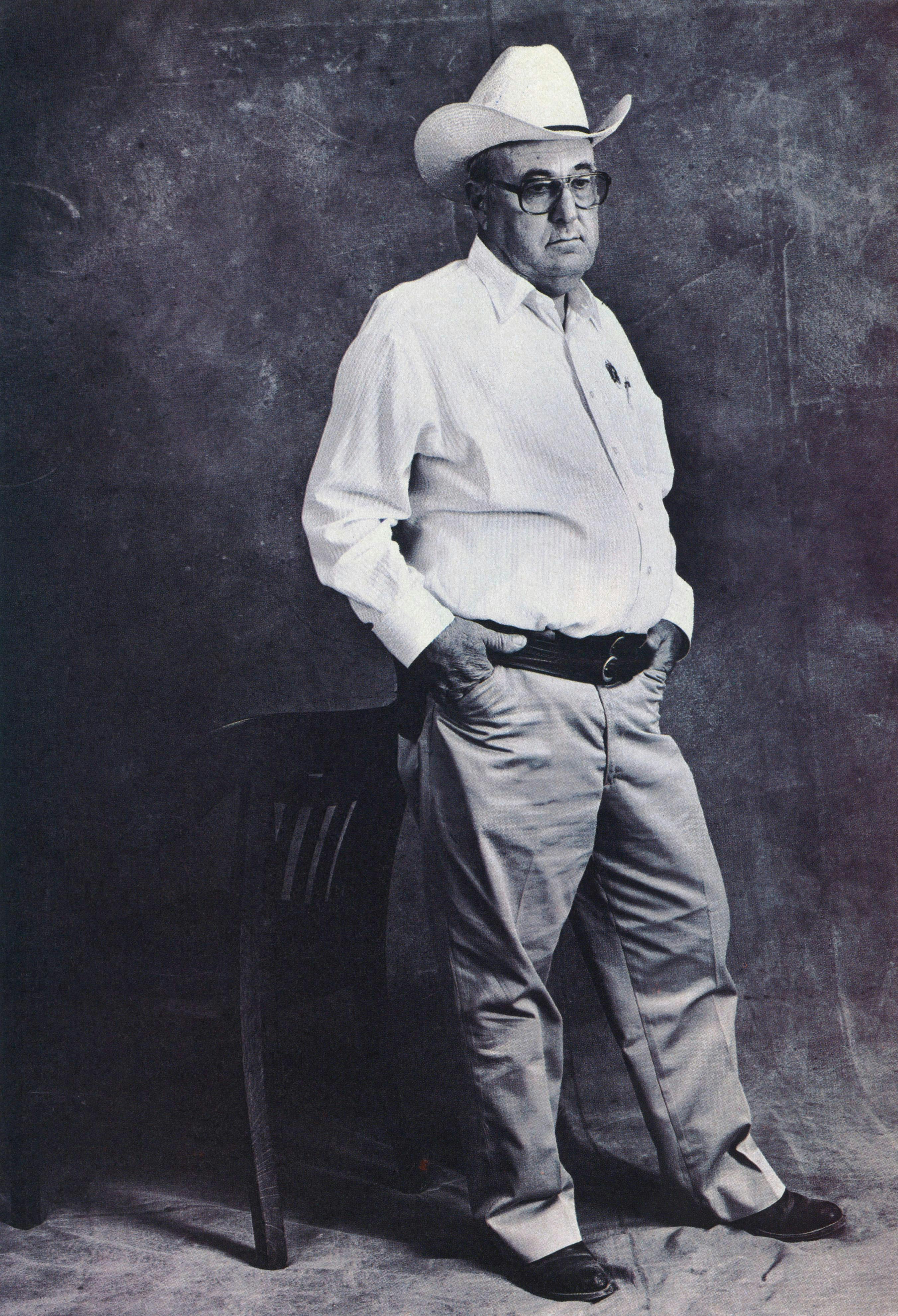 Dalton Hogg
Dalton Hogg
61, TERRELL COUNTY
“I believe that for any good officer, you can give his wife about 75 per cent of the credit.”
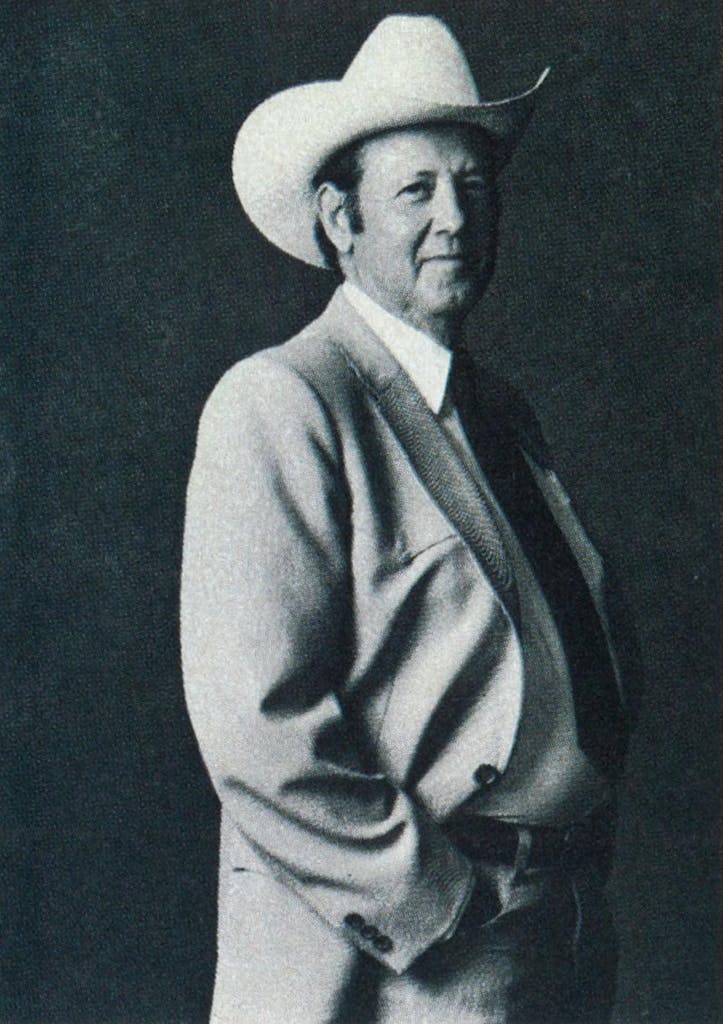 Dan Saunders
Dan Saunders
59, MARTIN COUNTY
“This is a dry county, very dry. We don’t have any bootleggers here, and all the beer drinkers carry posthole diggers in the backs of their cars. They don’t throw their beer cans out; they bury them.”
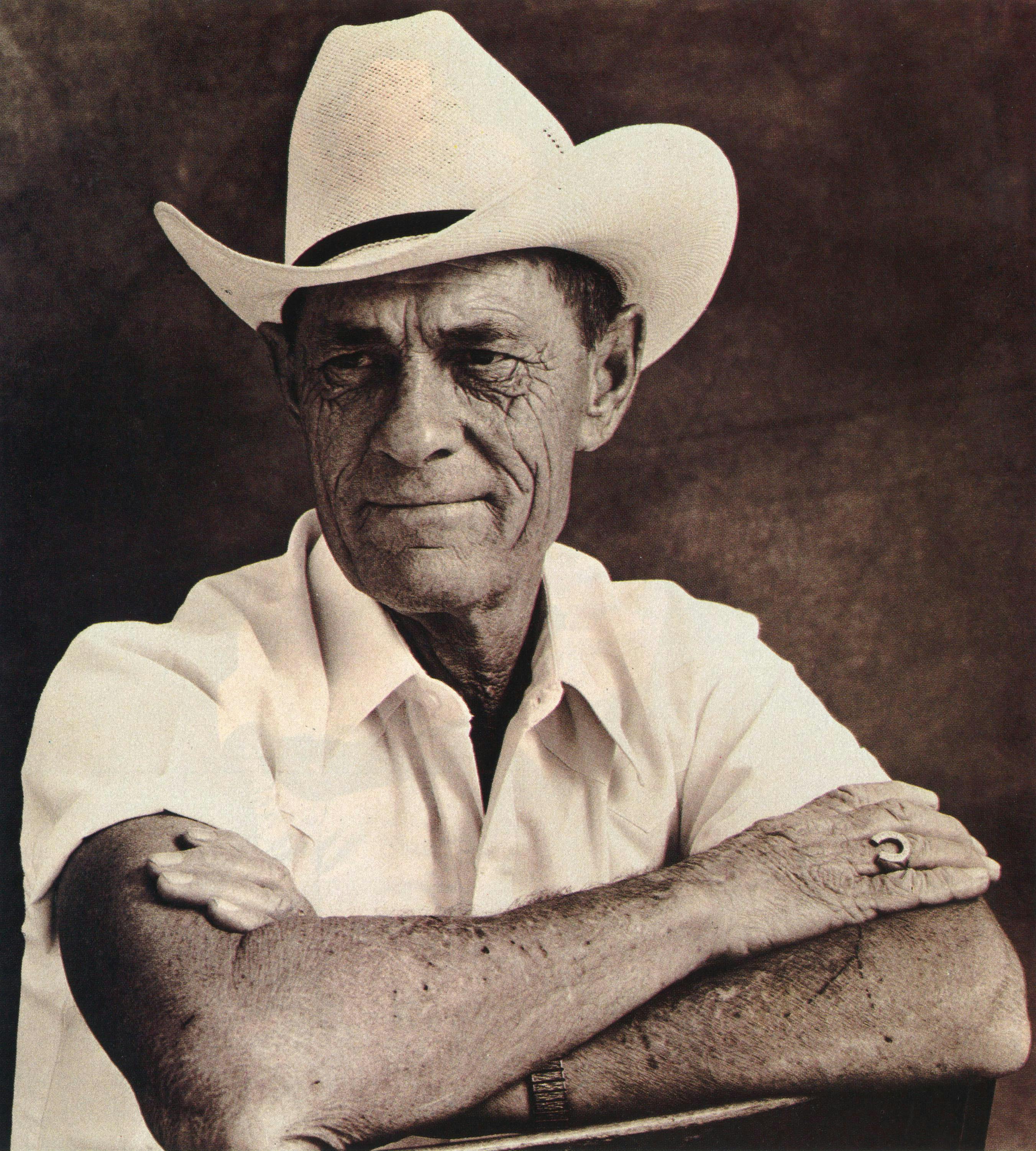 Kenneth Kelley
Kenneth Kelley
60, UVALDE COUNTY
“I don’t carry a pistol, because I found out that I could run faster without one.”
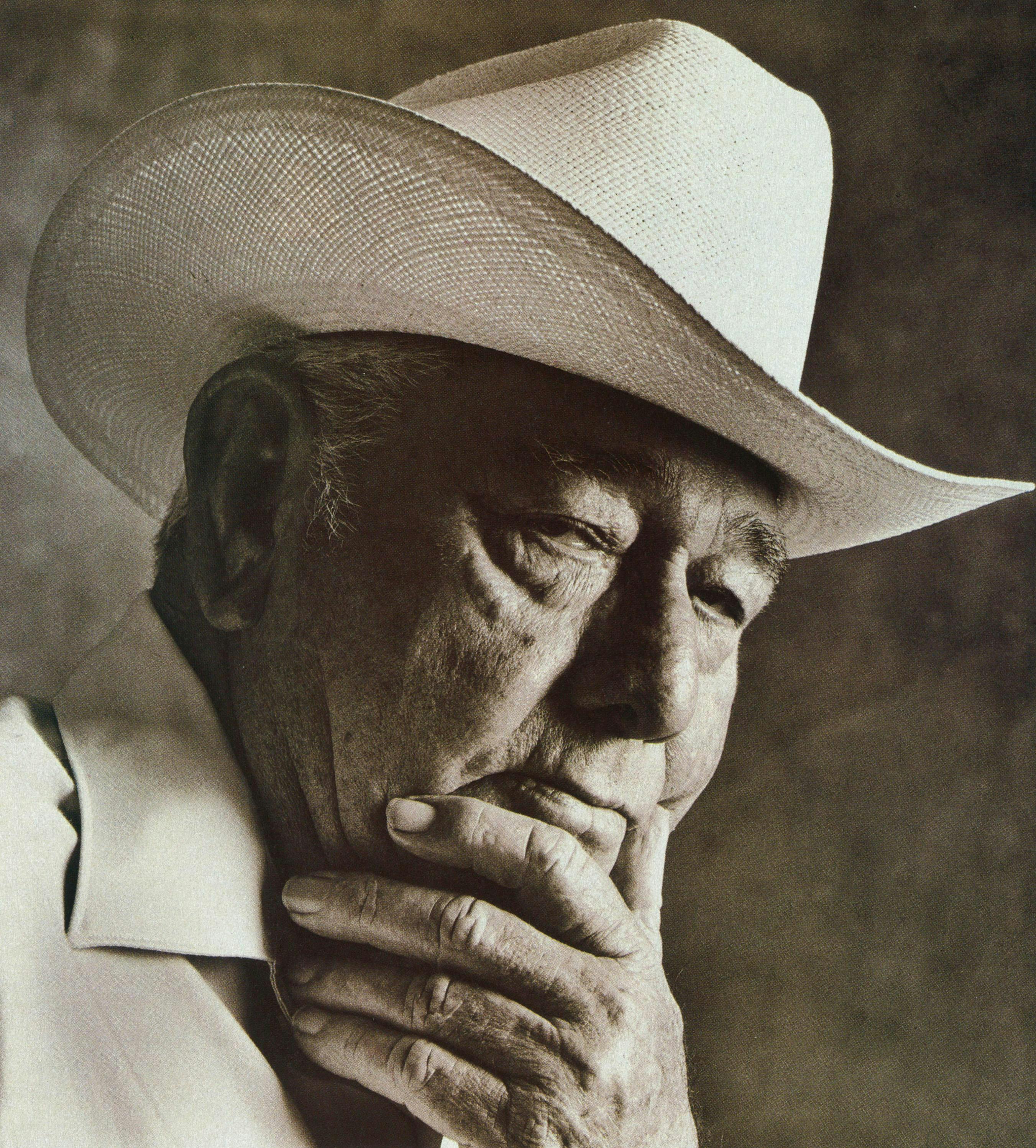 Walter Fellers
Walter Fellers
72, COMAL COUNTY
“I’ve had them cry when you locked them up, cry the next morning, too. It’s a shame, most of the time-especially an old boy who was never in jail before. It kind of hurts his ego.”
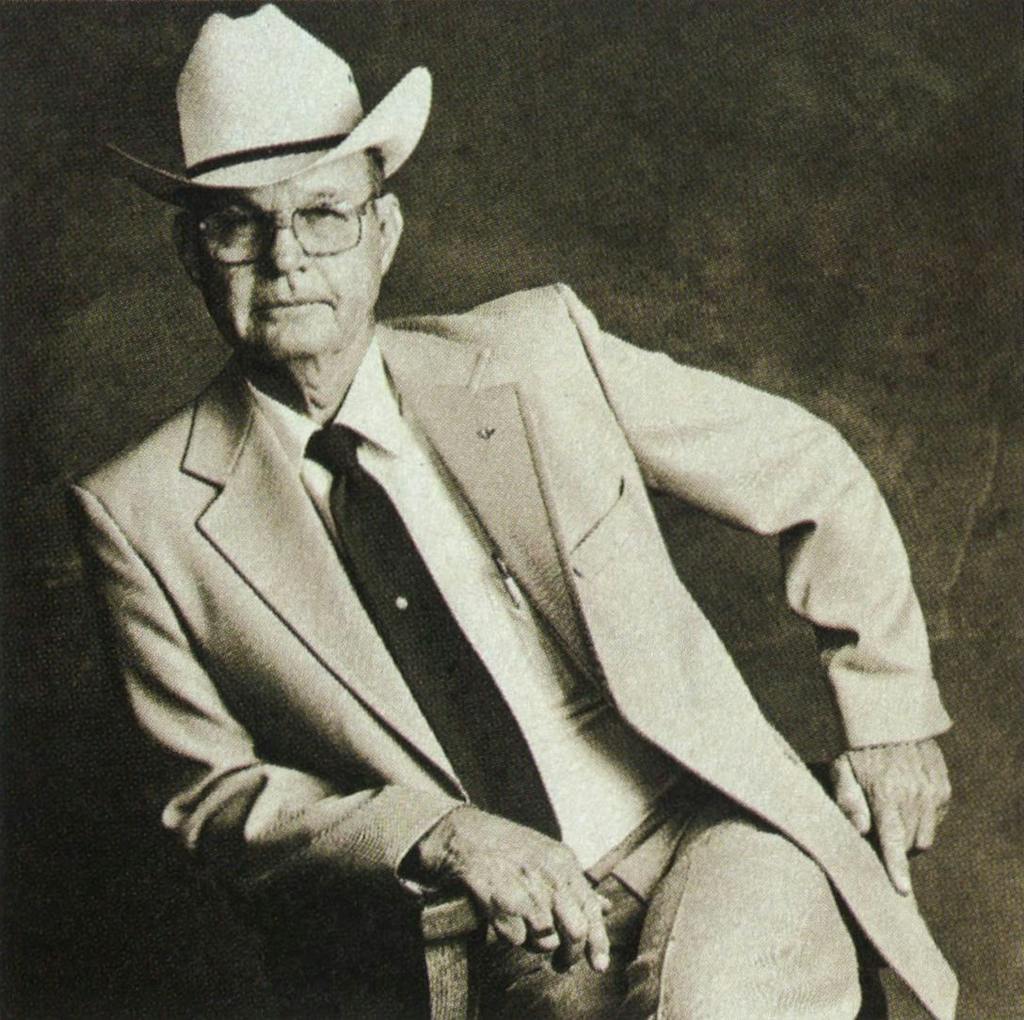 Stuart Huffman
Stuart Huffman
65, JOHNSON COUNTY
“I’m a firm believer in the old hanging tree.”
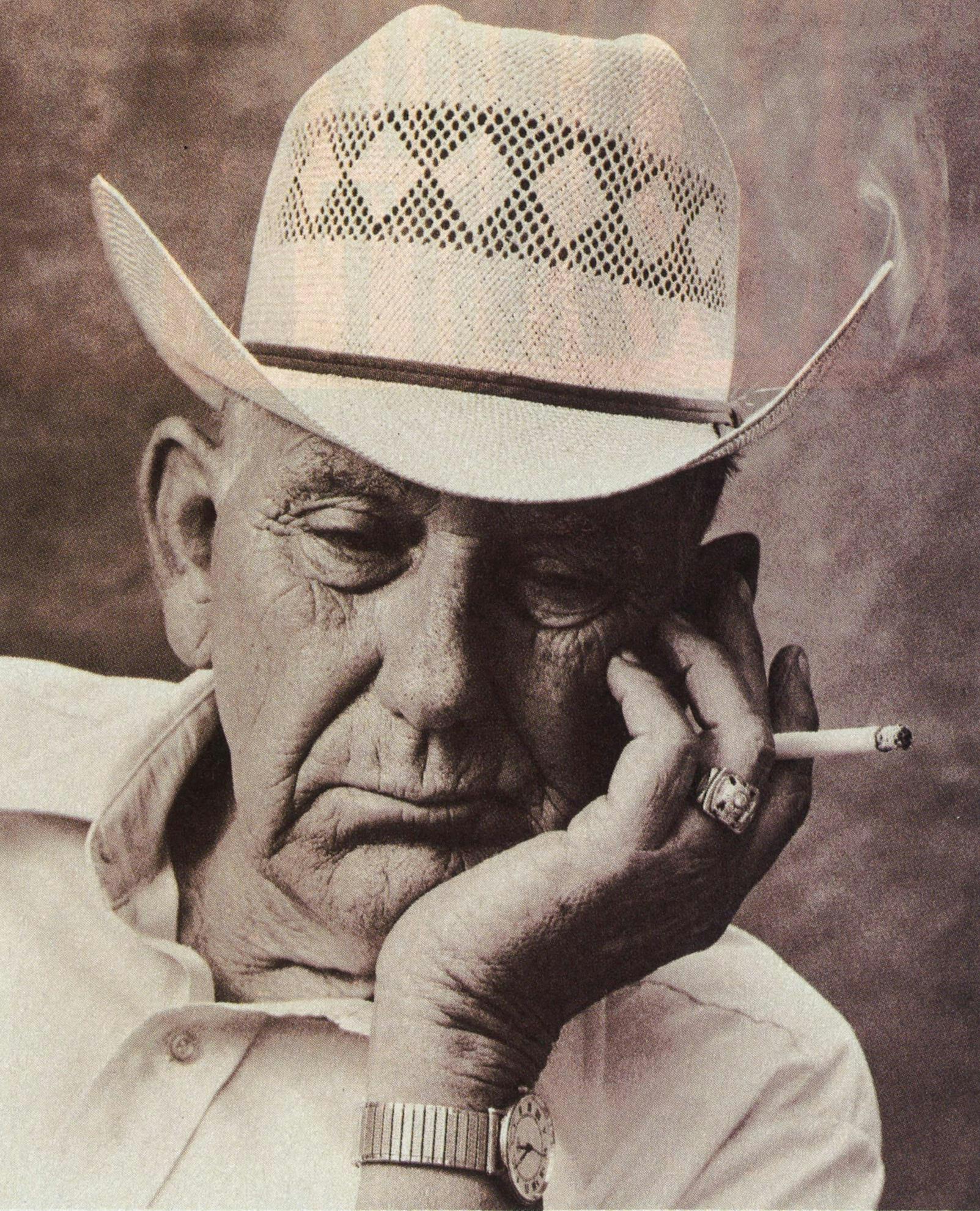 George Whatley
George Whatley
68, MARION COUNTY
“Everybody is guilty, as far as I’m concerned, when I go to arrest him.”
- More About:
- Texas History
- Photo Essay






